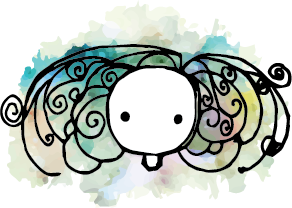I walk the streets early in the morning when the chill of the night lingers. I hike them in the heat. I wander them in the evening. Where do I go? What do I aim for? … Why do you ask when the answer is simple? I am after my next fix, fulfilling the lust of my body in the only way I know, satisfying the neverending thirst the moment my lips touch what I long for:
Tea.
I’m not addicted to it, I just have it every day, multiple times a day, and when I don’t have it, I’m sad.
(You might have seen my AP Art concentration, so.)
Why am I writing about it now?
This is a great question. I’ve been regularly trying out a new tea place near the Berkeley campus called Feng Cha on a semi-regular basis. They curate some pretty high-quality teas, available for bulk purchase as well. I’ve been cutting back on the dairy, so access to non-latte teas has been a priority of mine. Despite the first two attempts at Feng Cha being too sweet and the last attempt being awful, I find myself sitting here a fourth time.
There is a menu item that continues to elude me, the Tie Guan Yin — occasionally, this is spelled Ti Kwan Yin. It’s an oolong tea, usually enough of a cult level order to expect more quality than your run of the mill oolong while still being accessible at your local boba shop.
But, Feng Cha is still waiting on their shipment.
I’ve been waiting on this menu item since the wifi-endowed milk tea establishment opened their Berkeley location several weeks ago because it was the only Berkeley menu that has it (maybe Asha’s does, but that’s a bit distant and the seat situation is lacking). Rather than accepting this reality - after all, I am sitting here waiting for a different tea to cool after perpetually wasting my money - I decided to look into it.
Of course, there’s an answer.
Though typical tea orders for us plebians might be unaffected, distribution and trade of tea have been sorely affected by the current state of politics in the United States. We get approximately 25% of our tea imports from China, though notably all of our “Chinese” tea varieties are from there (i.e. 100% of Tie Guan Yin). What does that look like, when we speak money? Approximately $90 millions USD, according to SCMP.
Then yes, the trade war is affecting you as well, and not just through United States farmers we rely on for food.
Instead of leaving this with my other 20+ drafts, I’ll cut it off here, imperfectly. After all…
This isn’t the first time my content has been tea oriented, and it won’t be the last time.
